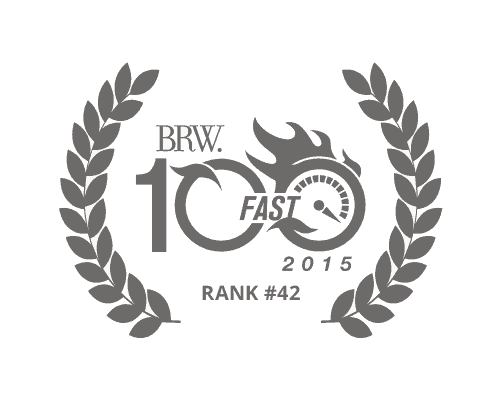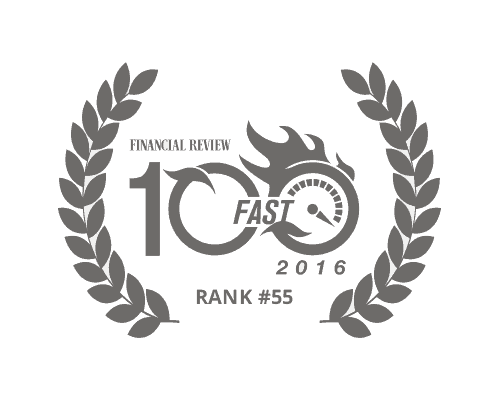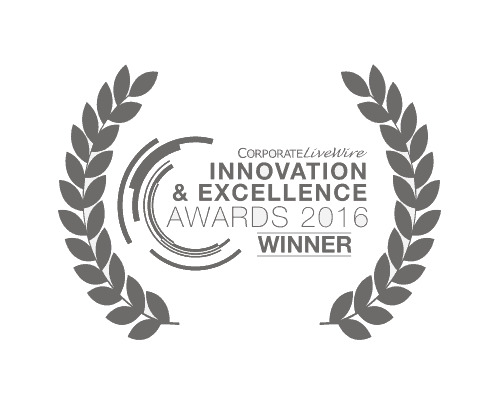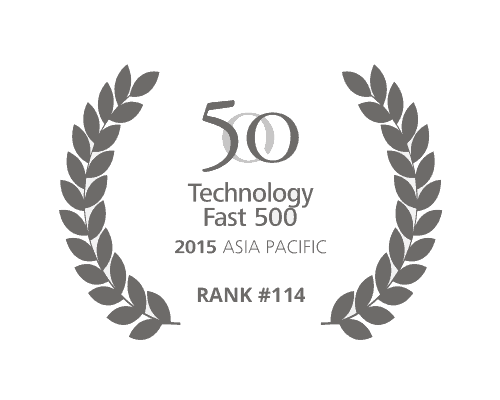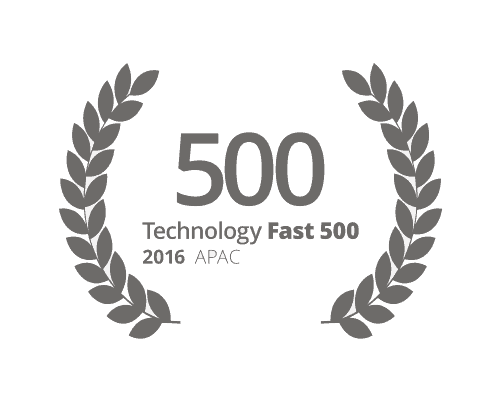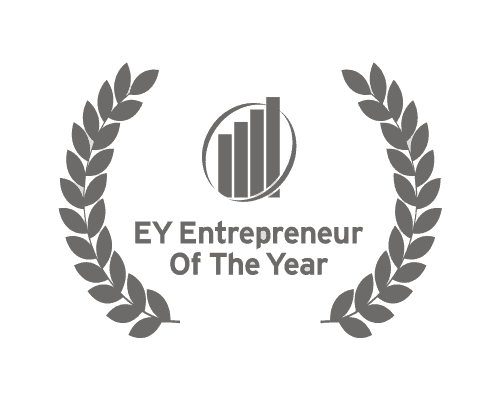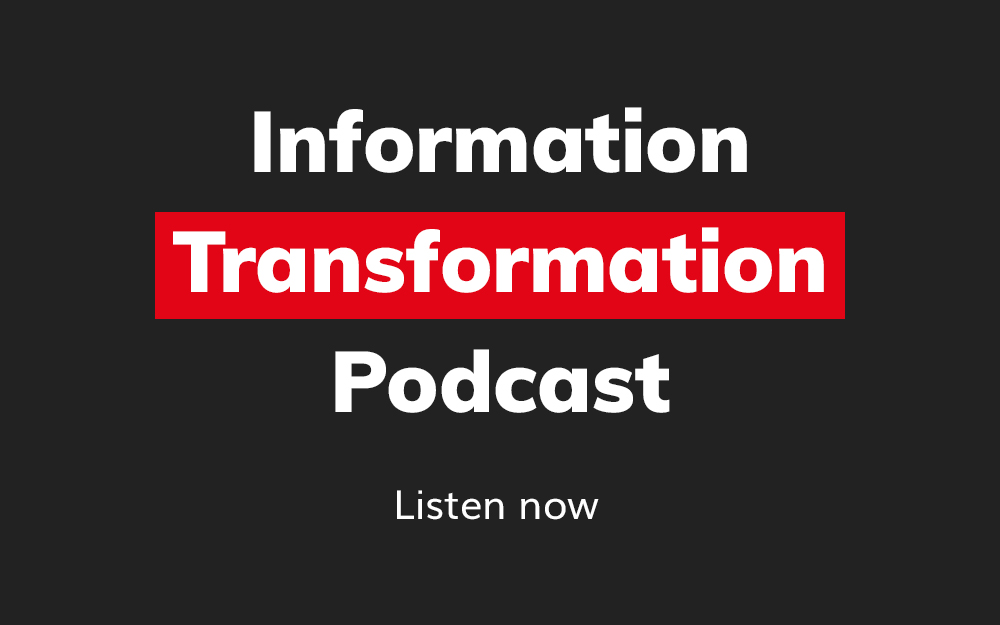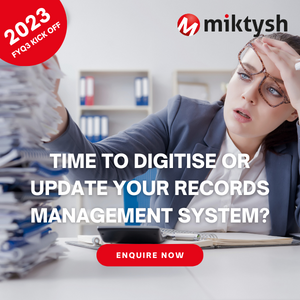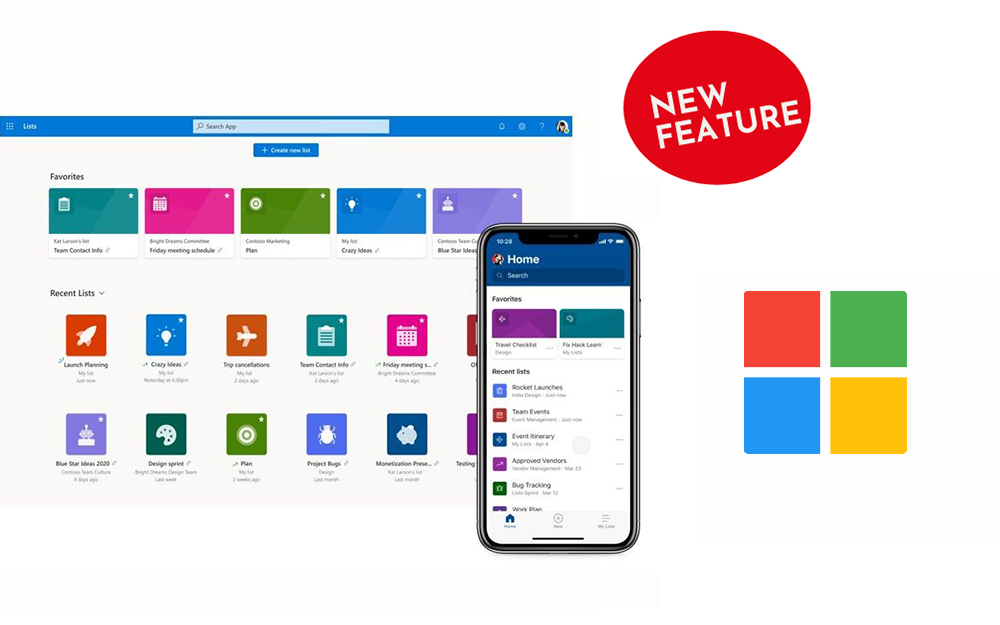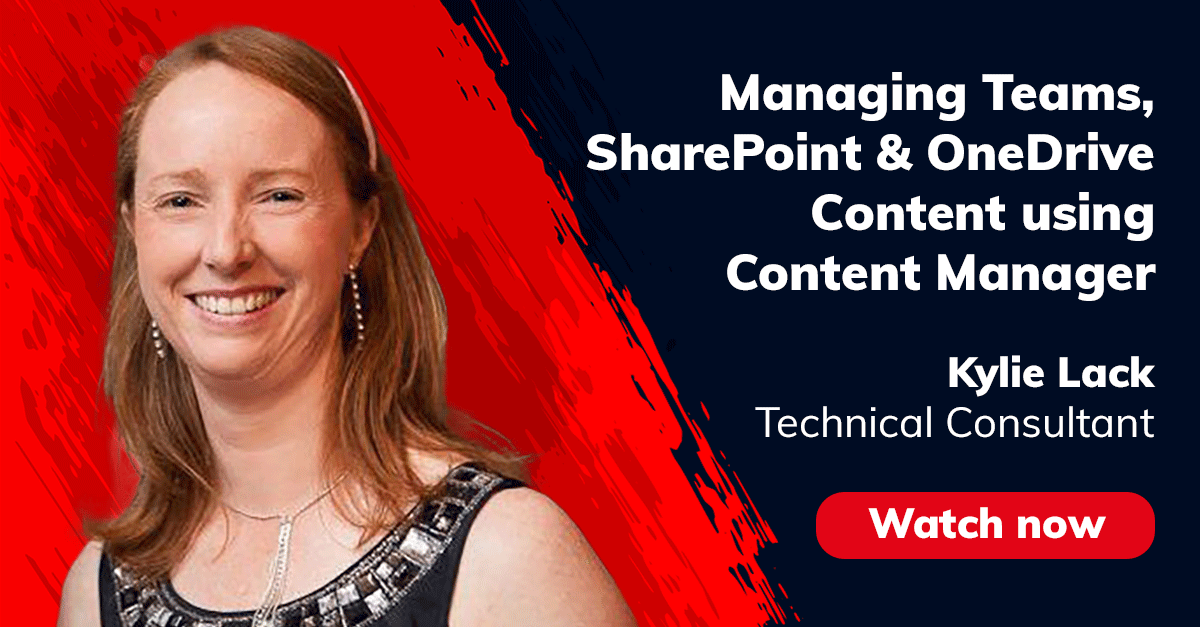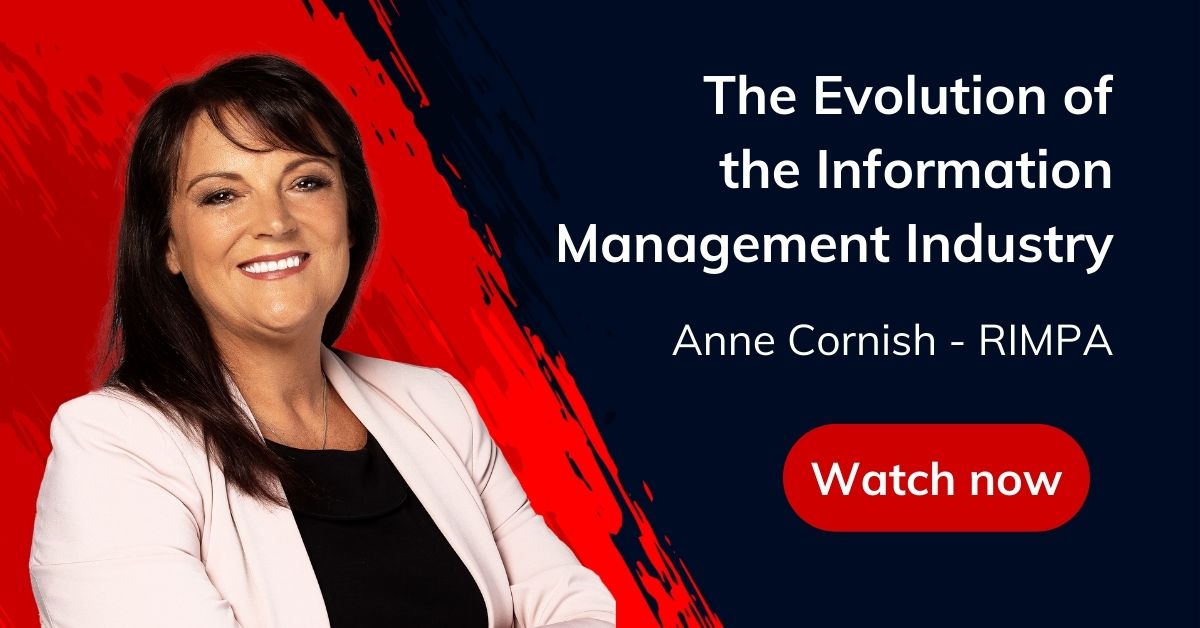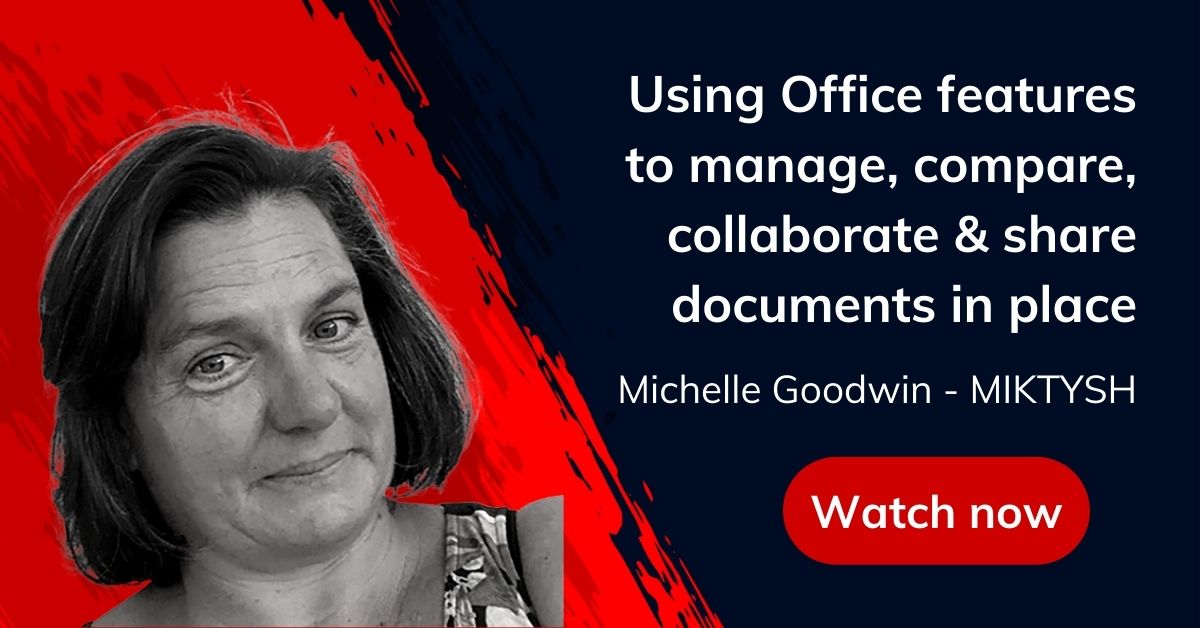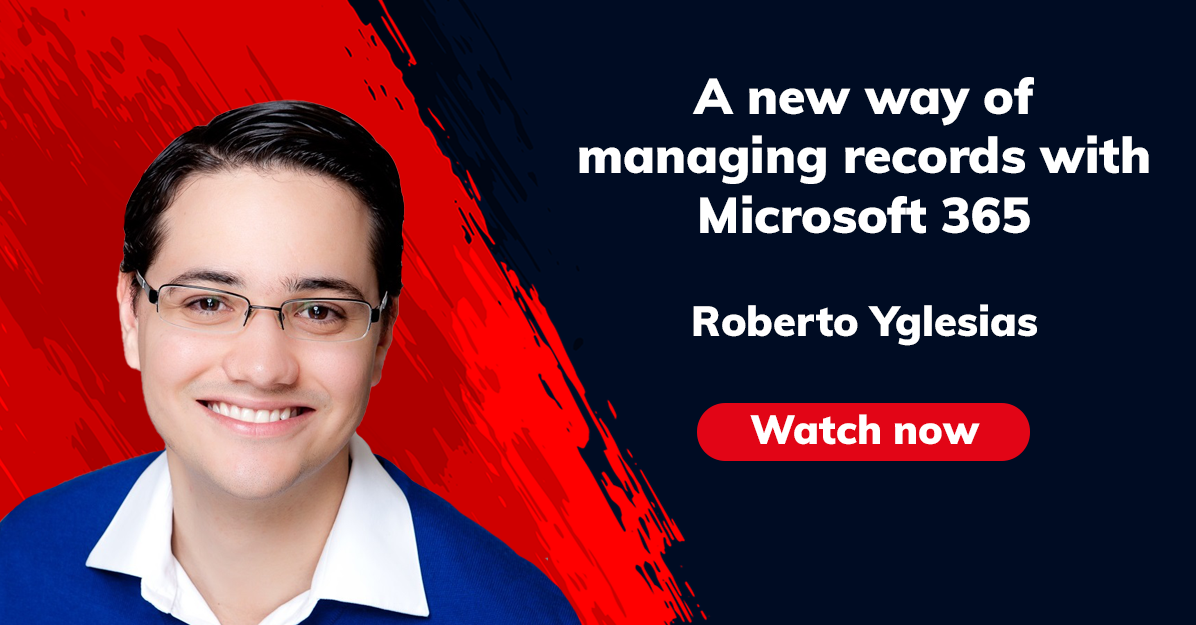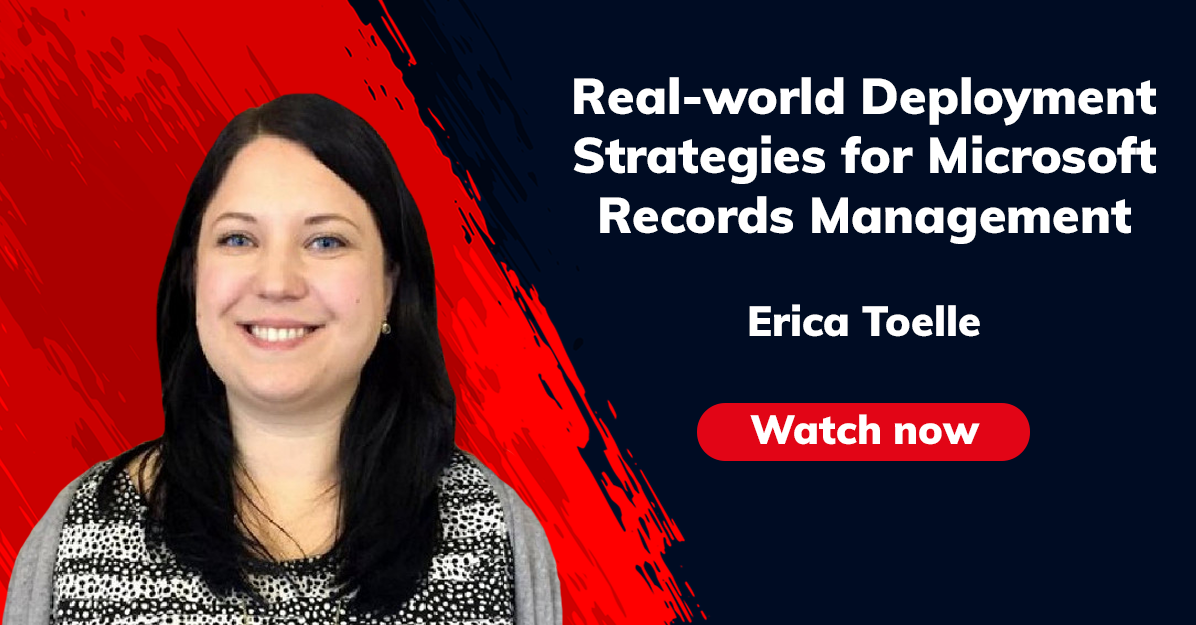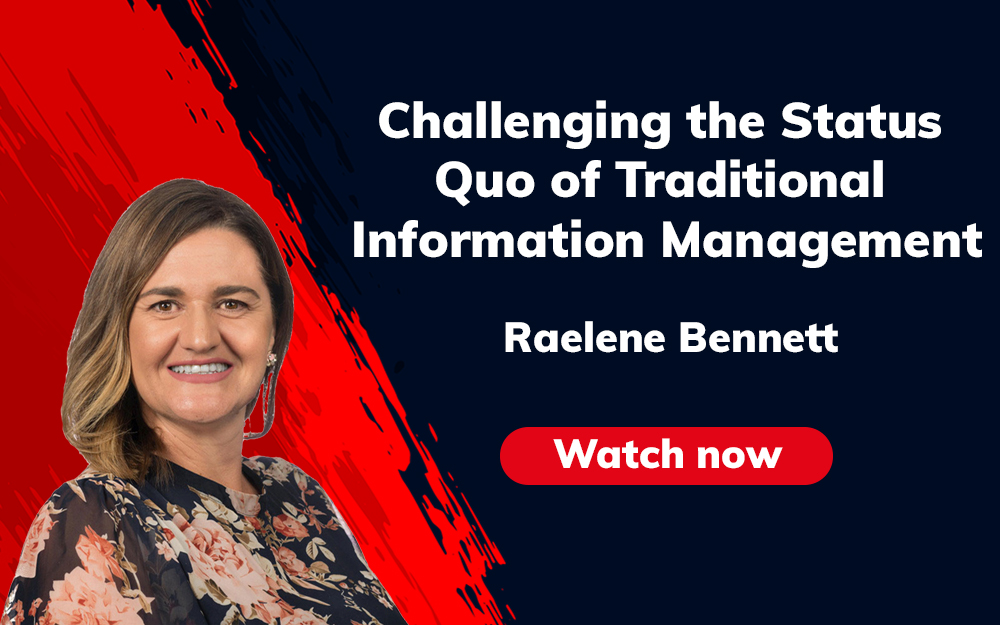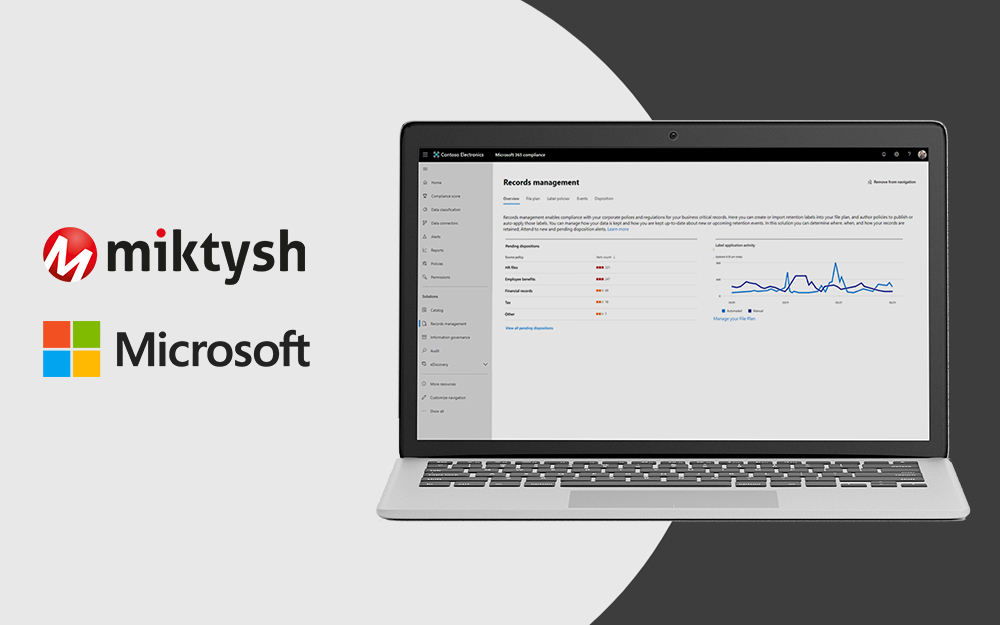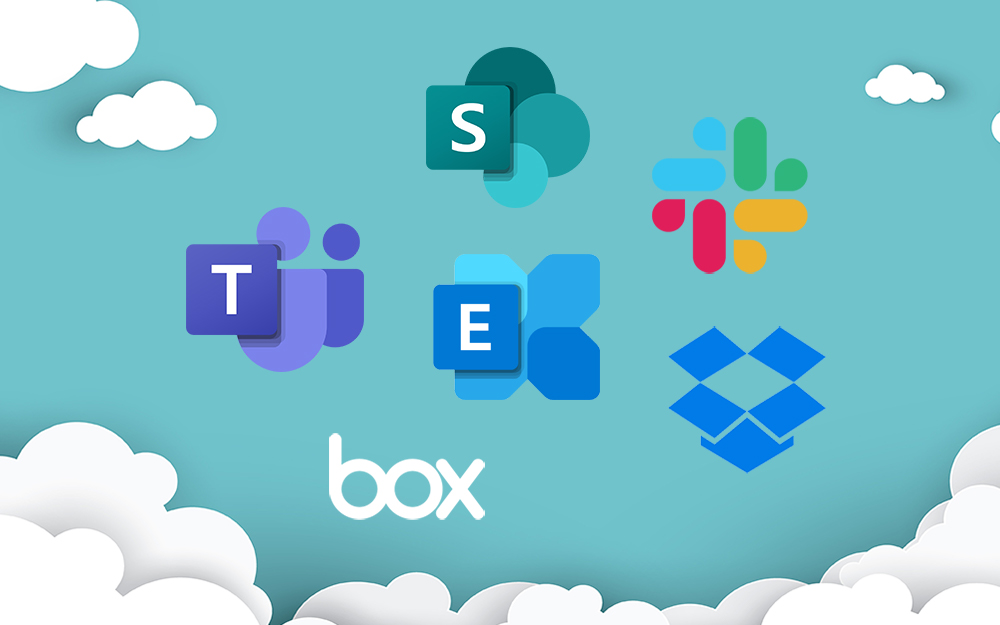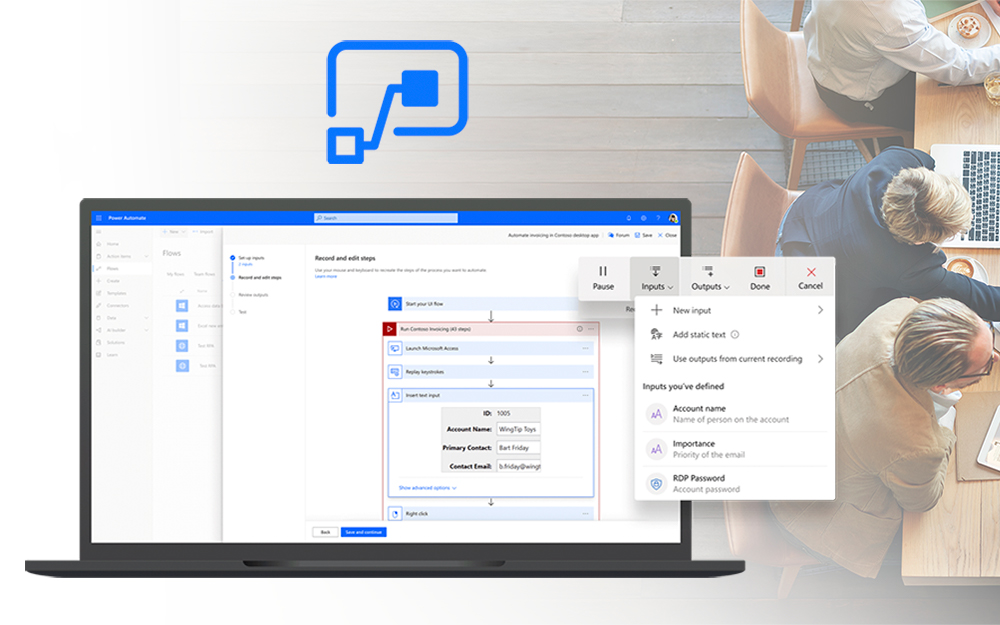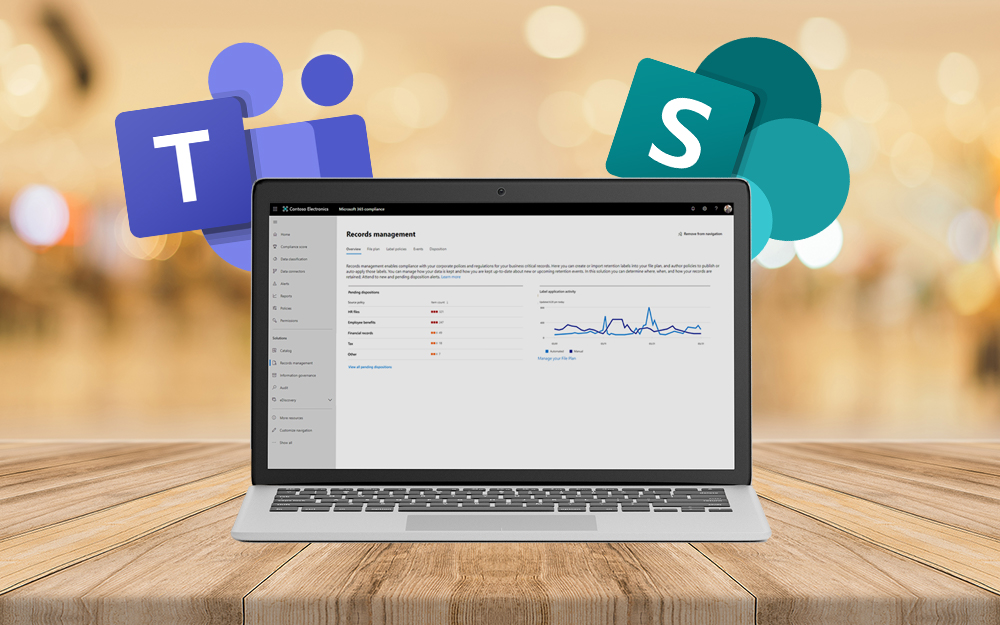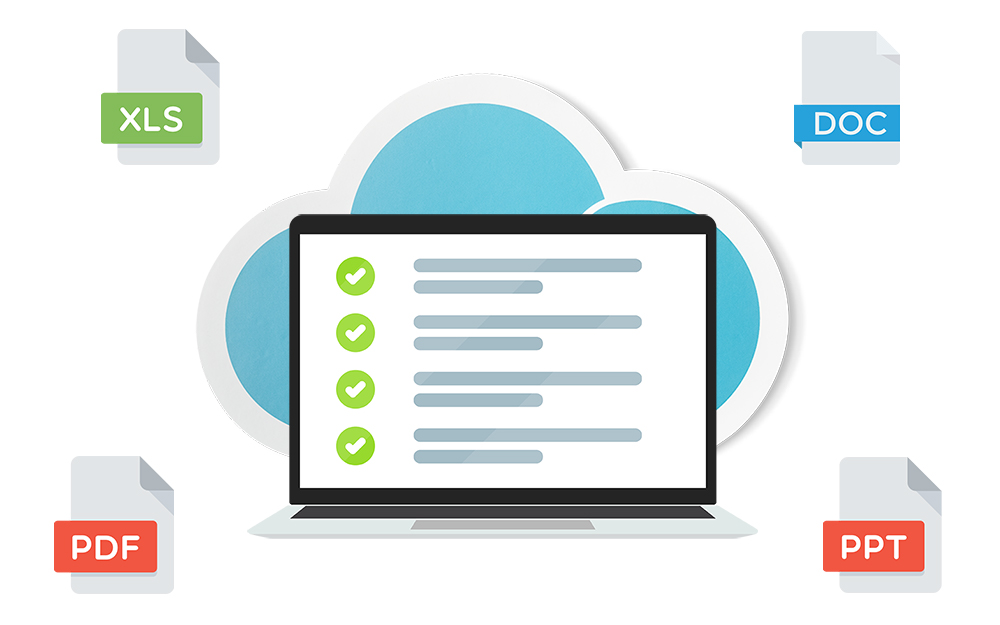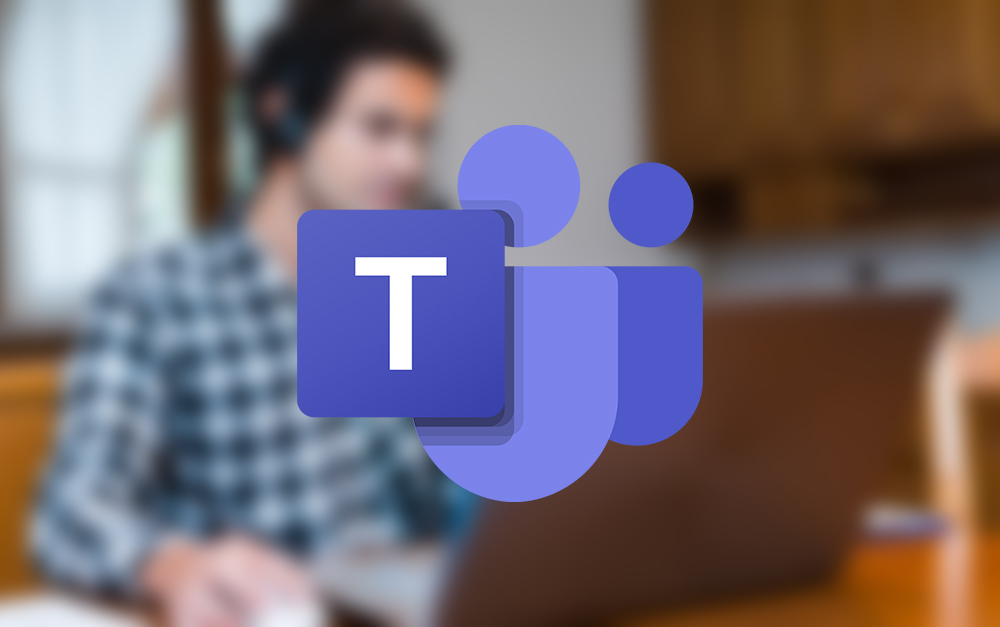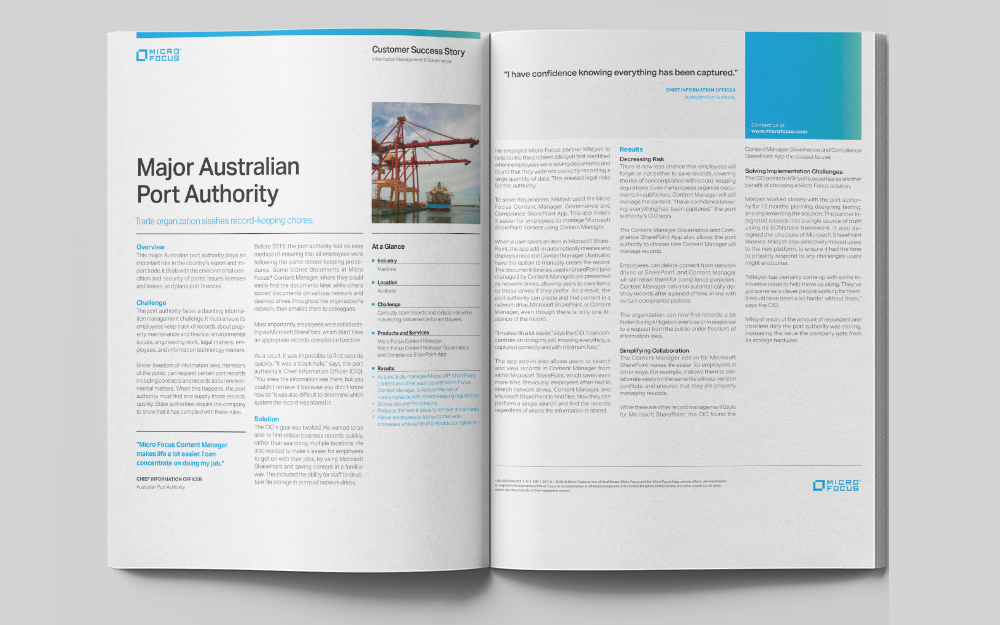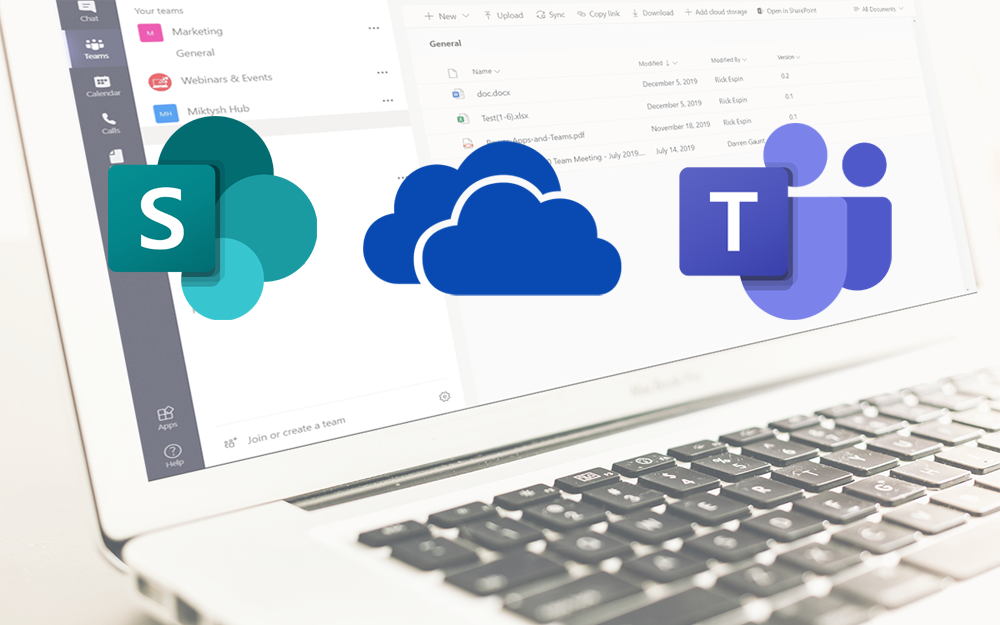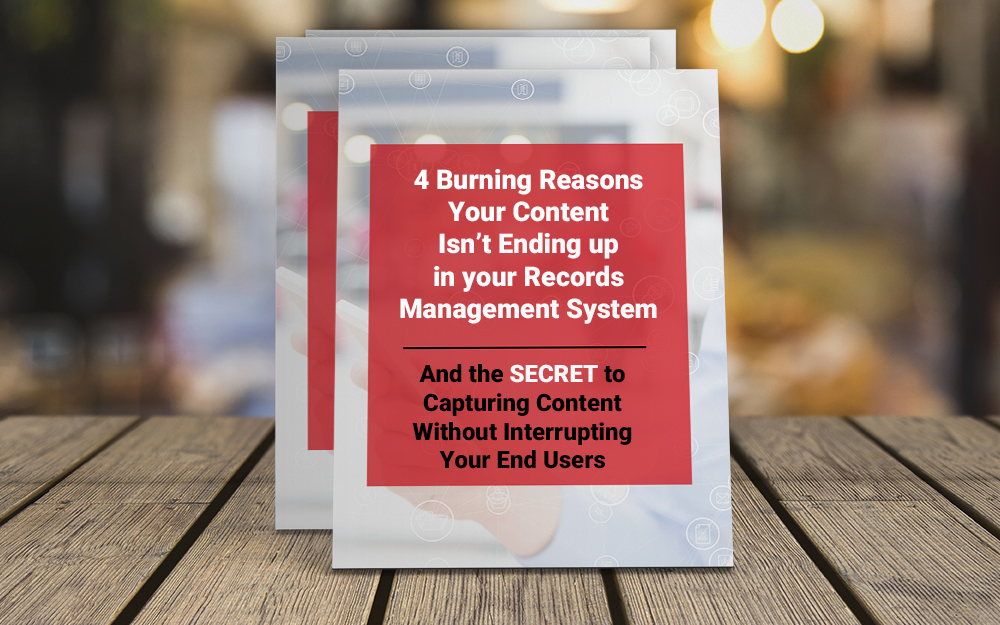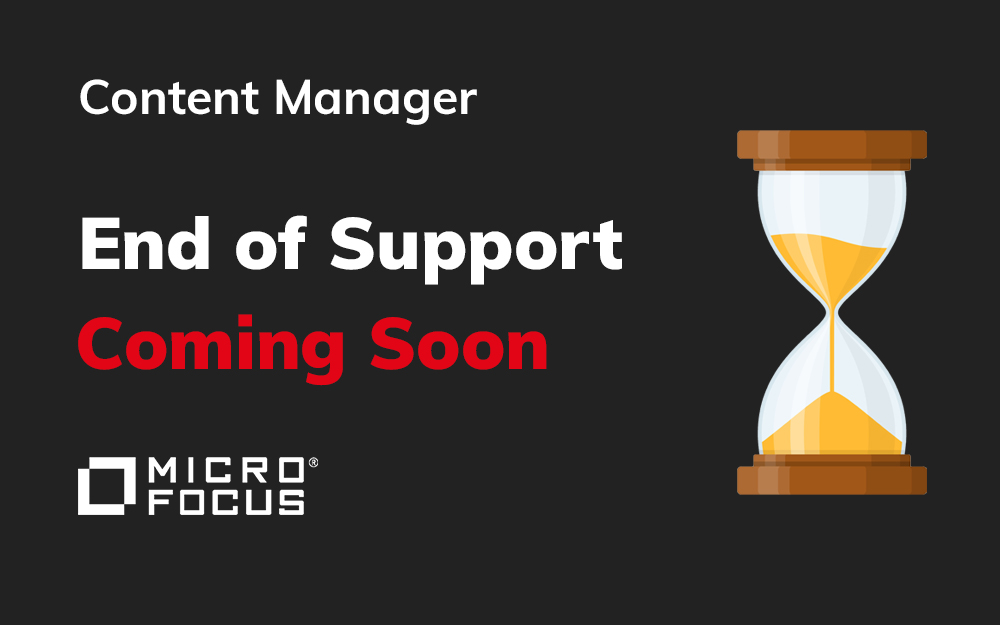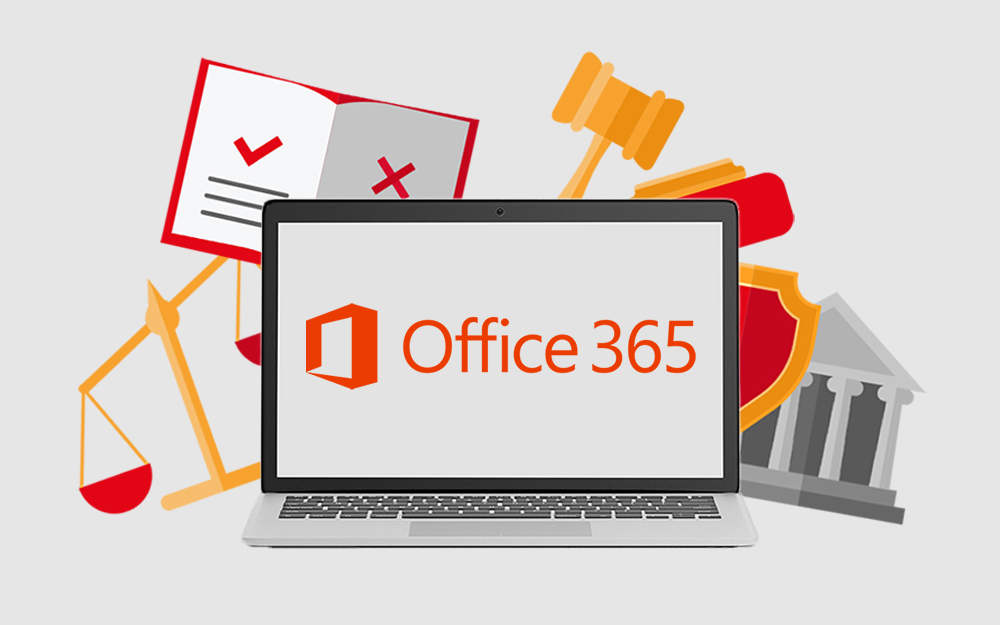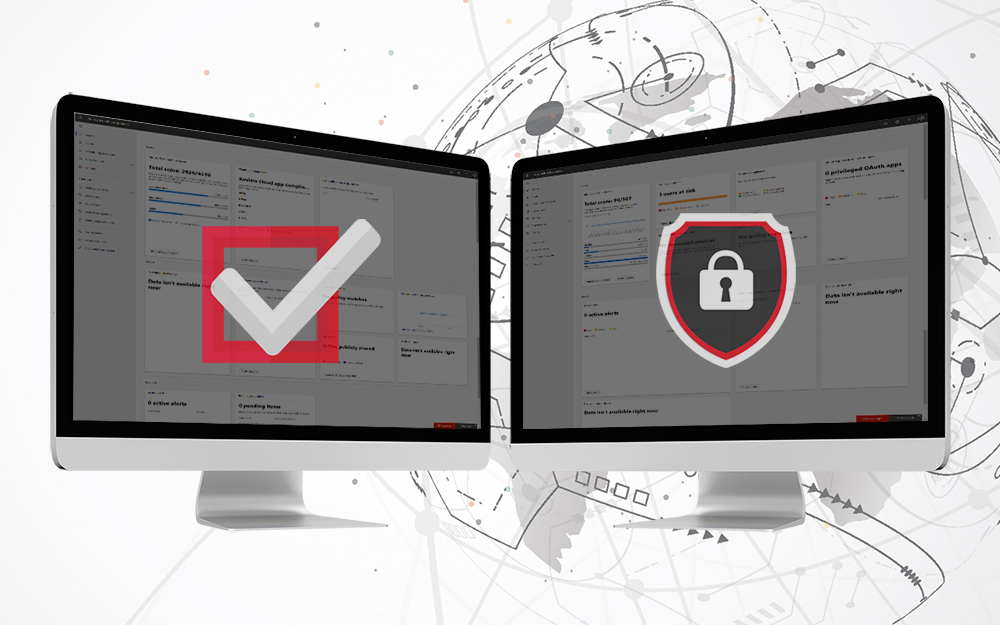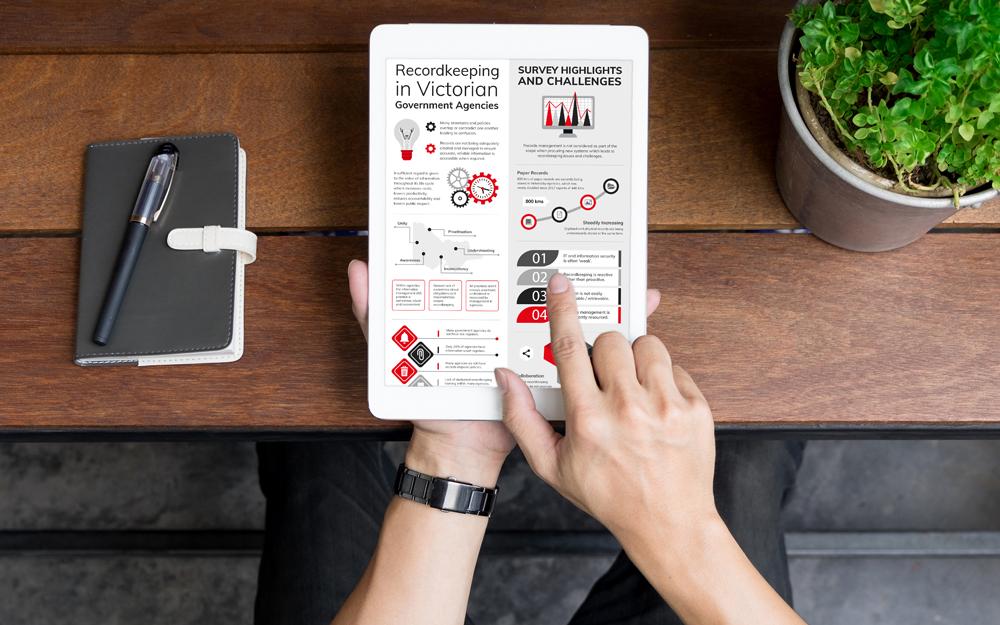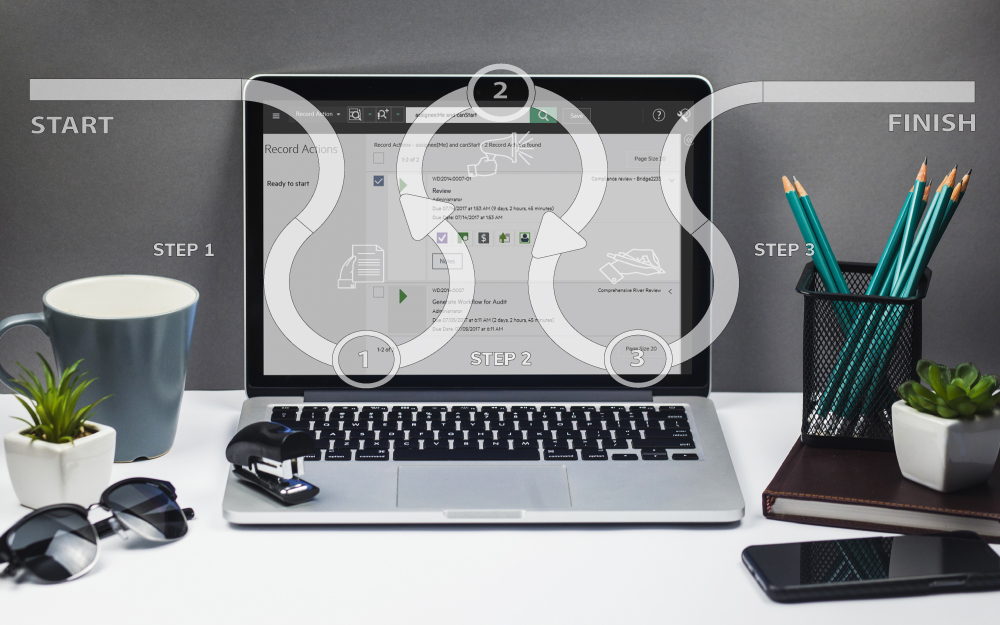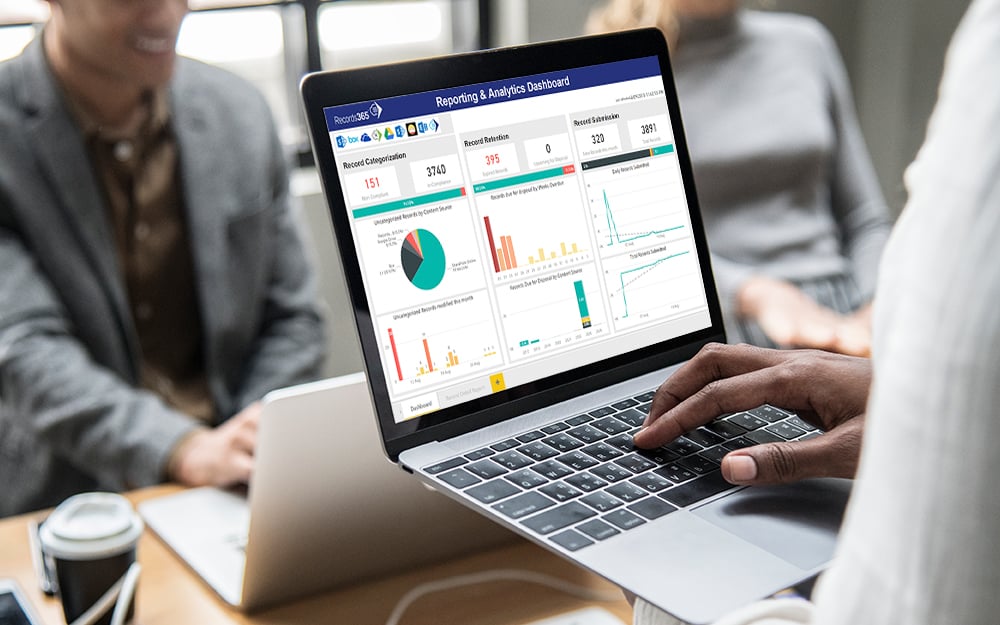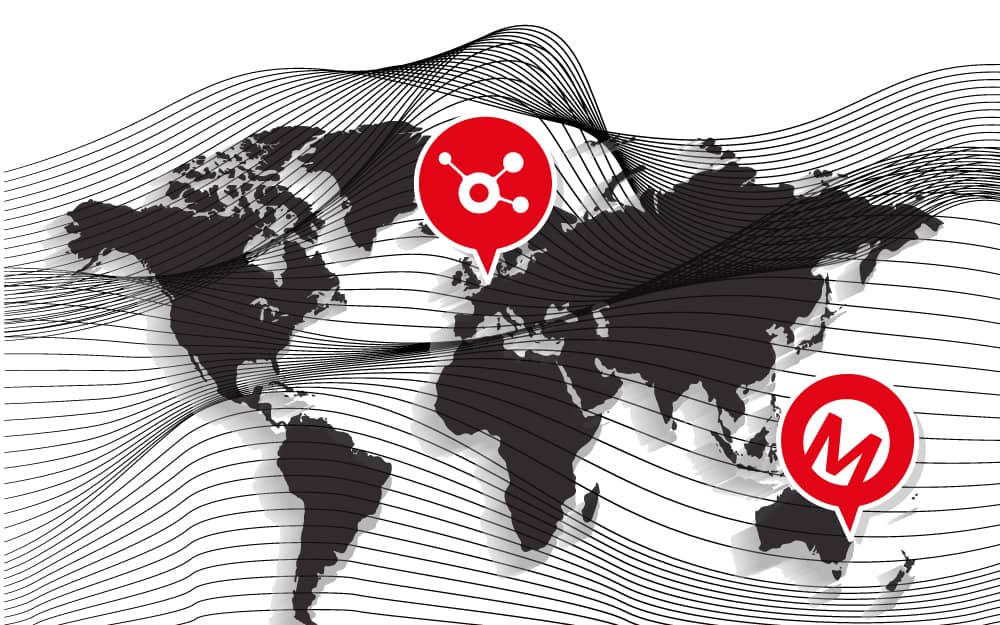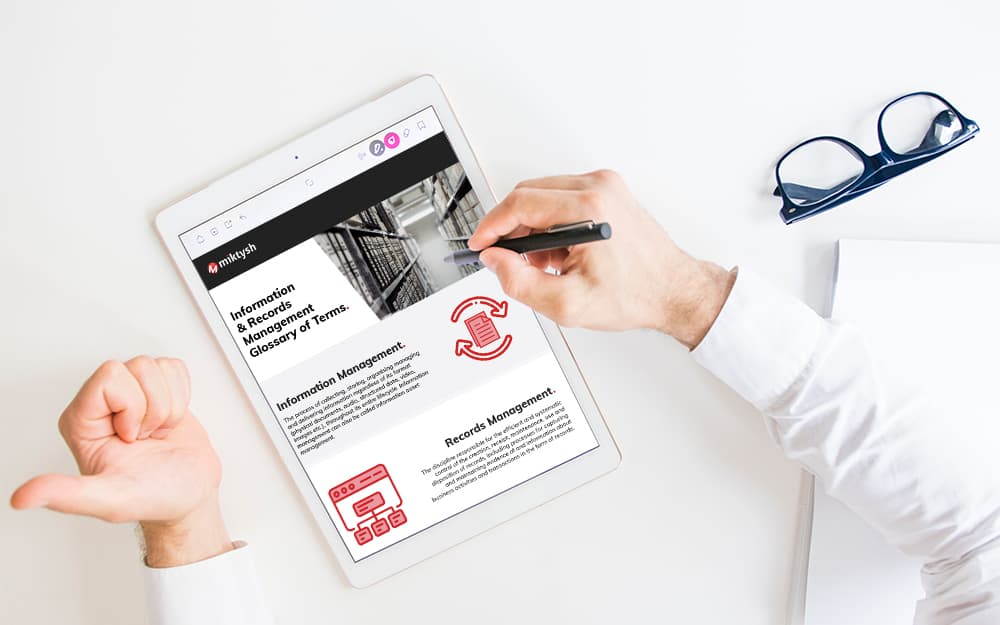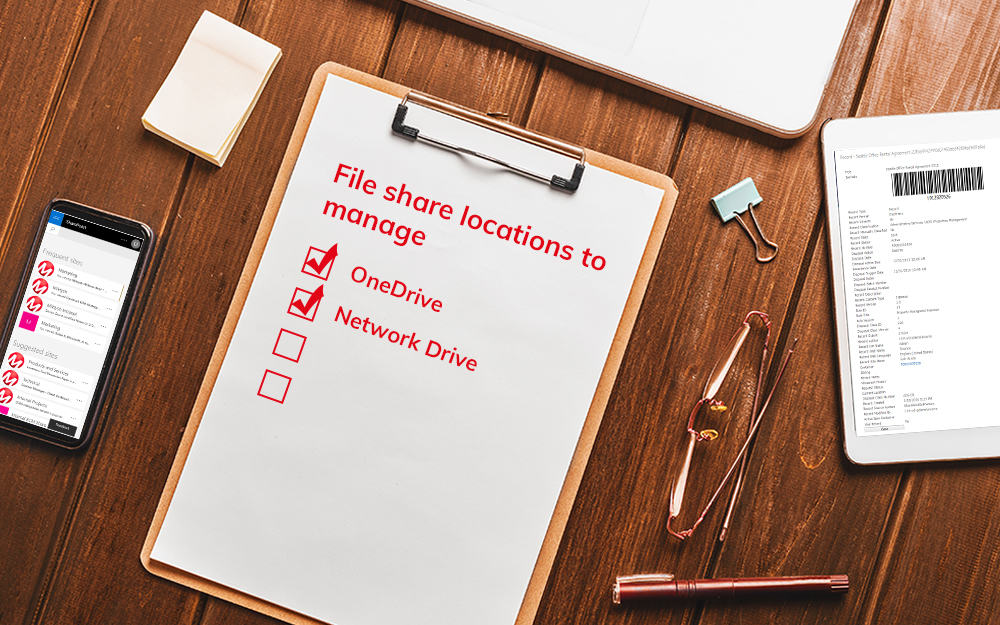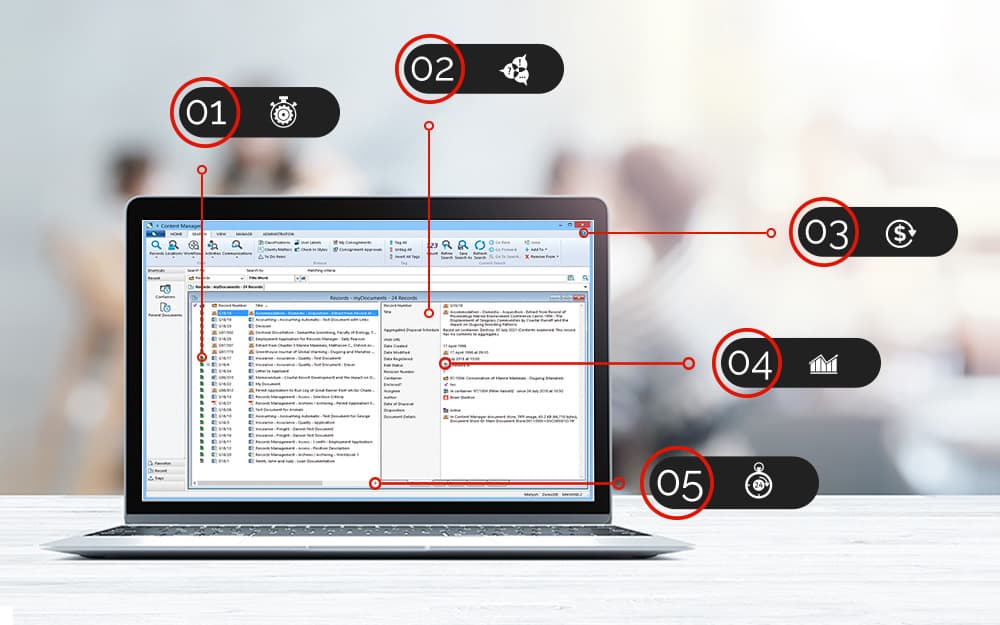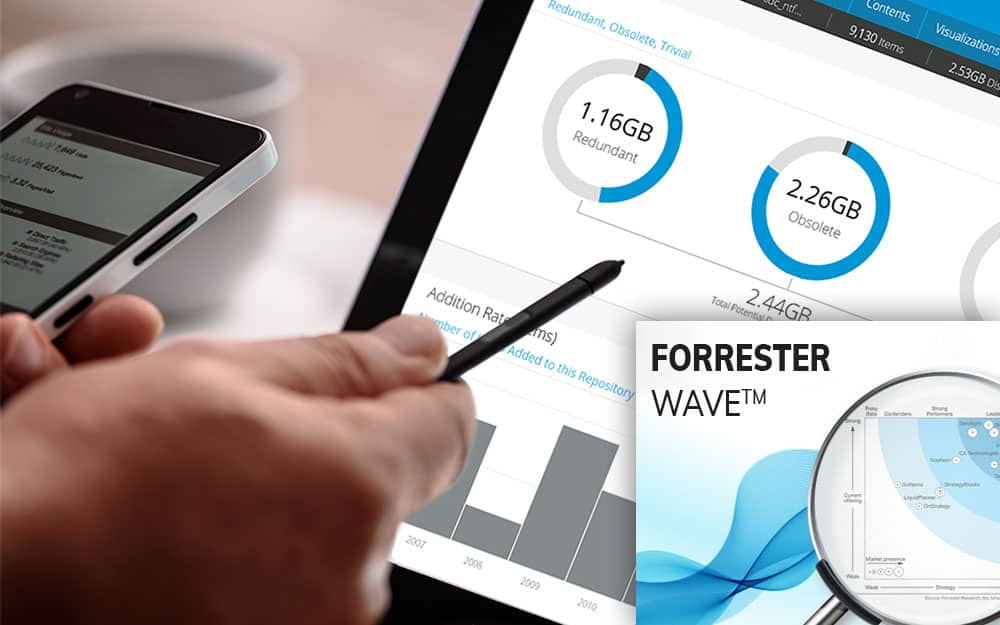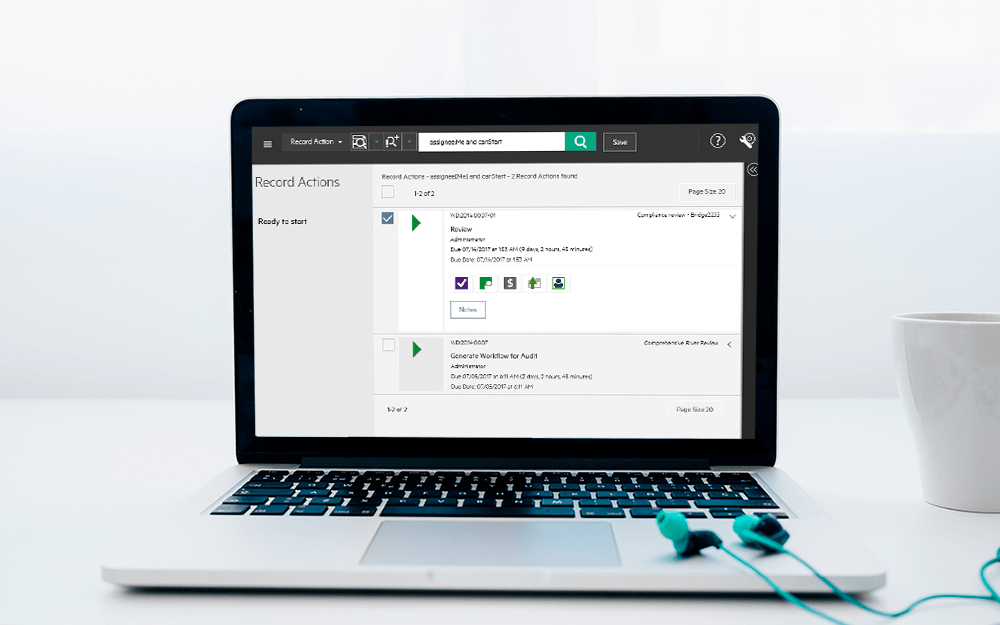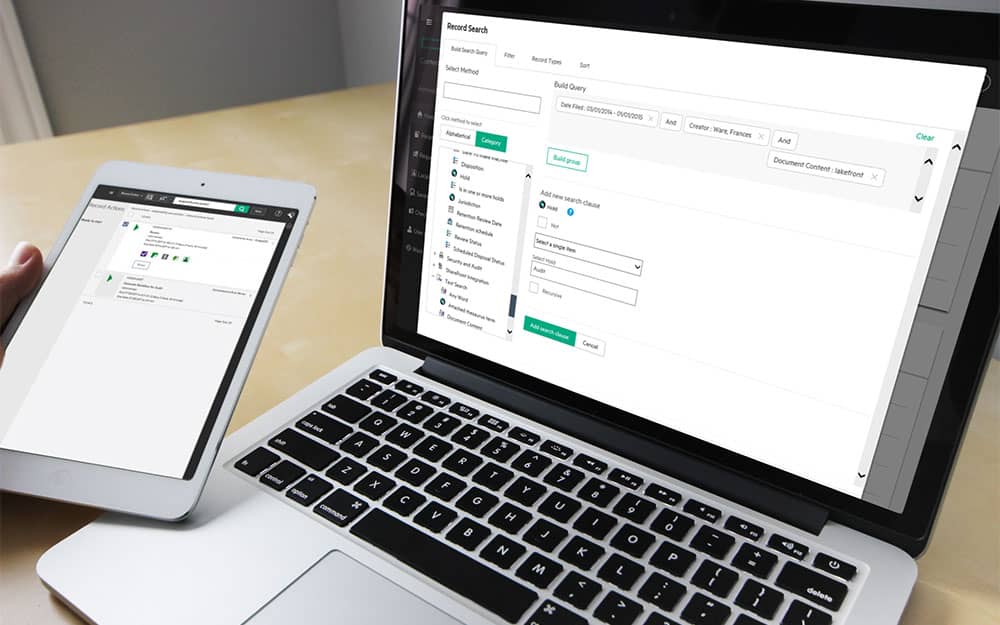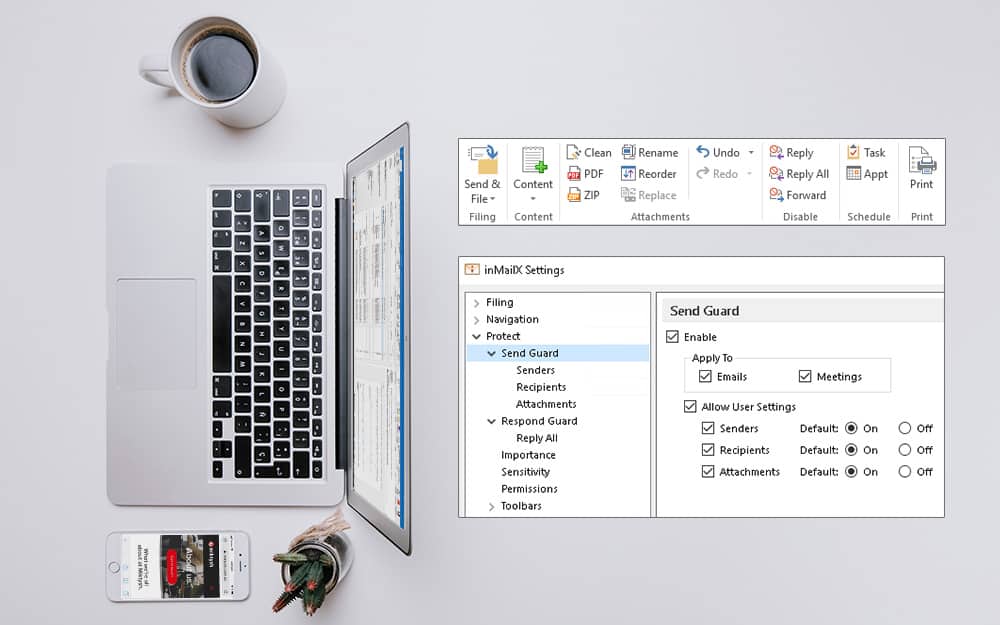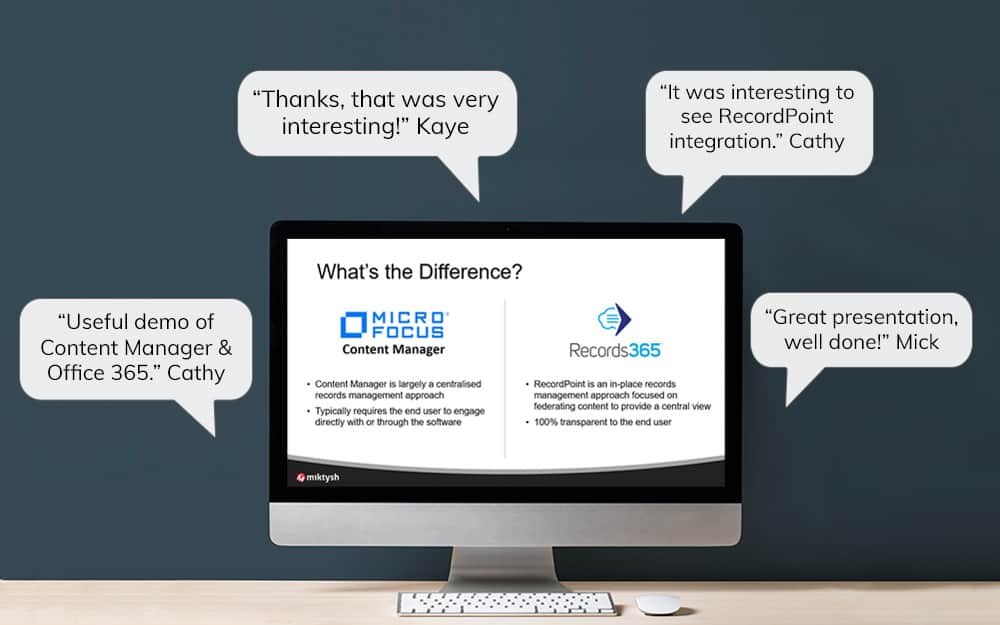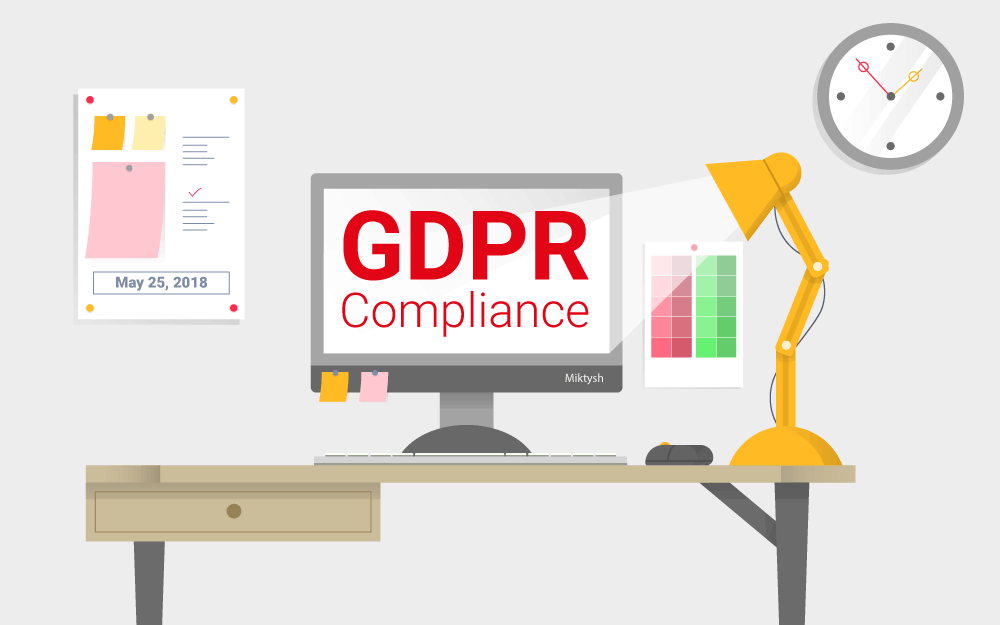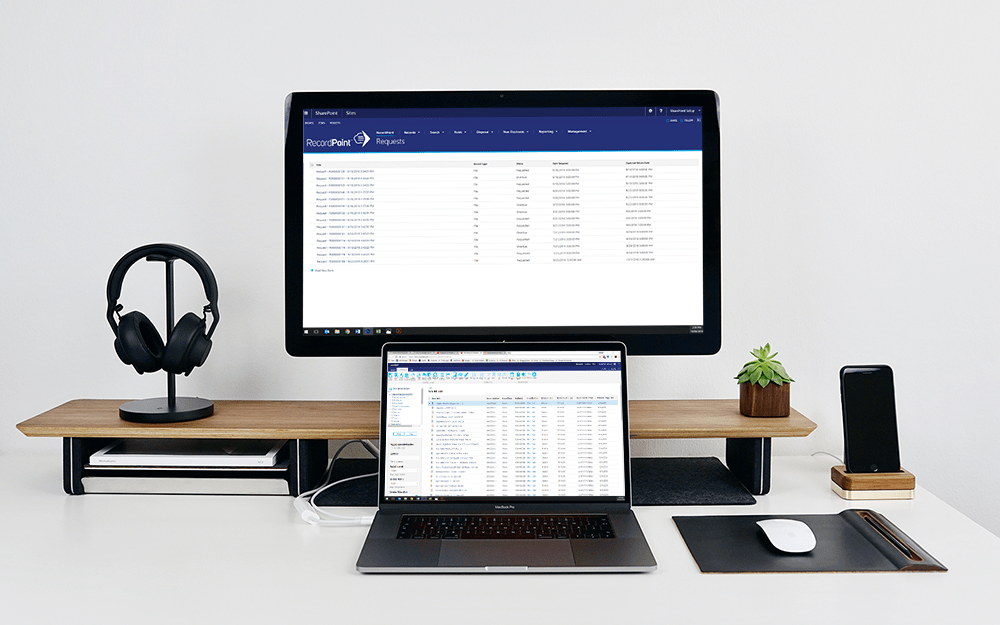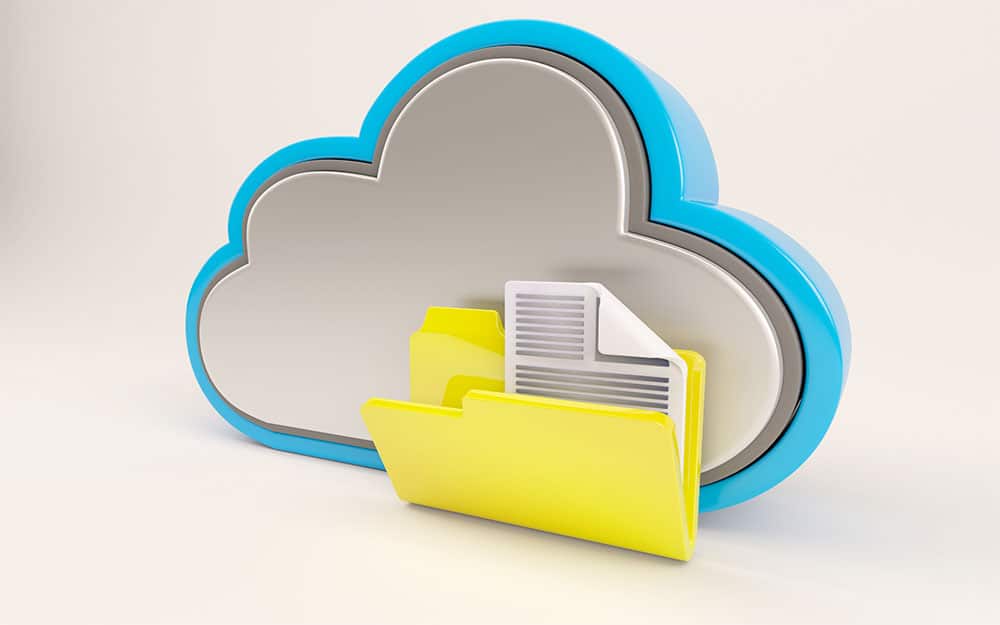Miktysh Blog.
Your go-to source for everything records management, eDRMS, Office 365, TRIM/Content Manager, RecordPoint, AvePoint, and EncompaaS related.
Categories
Topics
How the Records and Information Management Industry Has Changed in 2020
Jun 12, 2020 | Information Management, Records Management

In just the last 6 months we’ve seen bushfires ravage Australia, destroying over 5900 buildings, burning an estimated 18.4 million hectares and killing 34 people. We’ve seen a global pandemic from the spread of a virus COVID-19, which has infected 7,276 Australians so far, killing over 100, while globally infecting roughly 7.5 million people and killing more than 400,000. And just now we are seeing protests in Australia and around the world against police brutality with tens of thousands of people marching through Sydney, Melbourne and Brisbane cities. It seems as if 10-years’ worth of events have been packed into just the last 6 months and it’s safe to say that it’s had an effect all of us.
Hits to budget
The private sector has been hit particularly hard with many businesses having to close shop amid new lockdown measure in an effort to stem the spread of COVID-19. The public sector hasn’t been without its losses either with councils taking a huge financial hit.
The City of Melbourne Council claimed that COVID-19 has cost them $100 million, while the City of Newcastle Council has taken an $18 million hit. Additionally, the CEPU National President Shane Murphy recently came out and predicated that a quarter of all postie jobs could be cut as Australia winds back on postal services.
Undeniably this hit to the public sector has also had an impact on the records and information management industry. A survey we ran last year illuminated that only 5% of records professionals believe they have adequate budget and this lack of investment has only been exacerbated by recent events.
This makes it even more important for records professionals to learn how to market themselves and effectively communicate their value to C-level executives. There is often a gap between how executives view records management to how it is viewed by industry professionals. Thus, it is up to industry professionals to change their perception and learn how to sell the important work that they do.
If you’re interested in learning more about this, we’ve written a couple of articles on this exact topic here and here. Some of the key takeaways are;
- Stop selling just the compliance aspect to your executives and instead start selling what’s in it for them.
- Form relationships. Records and information management professionals should be involved in IT decisions when new software is being purchased or when software is being decommissioned.
- Communicate the difference between records-focused projects that may be purely about compliance, and information-focused projects that can have a significant impact on an organisation’s bottom line.
Accelerated digital transformation and new challenges of capturing information
One positive takeaway for businesses and governments this year has been accelerated digital transformation. As a result of organisations being forced to start working from home they have had to quickly adapt their IT infrastructure and work practices to support this.
This has been evident by the dramatic growth seen in communication tools in the last 12 months, such as Microsoft Teams, Zoom and Slack. Zoom’s daily active users exploded from 10 million as of December 2019 to over 200 million in just a few months. Meanwhile, Teams user-base increased by 70% to 75 million daily active users. This has in turn created a new challenge for the records and information management industry. Namely, how do you capture this information?
I recently spoke with Anne Cornish from RIMPA on the podcast about this and according to Anne, the vendors in the industry “have not caught on to this new wave quick enough to work out how we capture and manage these communications as records”. Many organisations right now are dealing with a spiral of information that is going uncaptured.
Moreover, there is also a challenge in ensuring that the right people have access to the right repositories to store the records and information they create at home. Poor internet connectivity is also an issue with users often being forced to work on and save documents in unmanaged locations.
On this positive side of things, organisations transitioning to remote working has opened up more virtual opportunities for people and agencies in rural and remote areas. For example, here at Miktysh we have had to quickly transition many of our records management training courses to be deliverable online.
What the future holds
We live in uncertain times so it’s difficult to say what the future holds. However, for the records and information management industry there are some distinct trends that are here to say. Firstly, the modern workplace is here, and remote working will become increasingly normalised in the workplace in years to come.
The way organisations need to approach records management has also shifted due to increased uptake in communication and collaboration tools such as SharePoint, Teams, Box and Slack. Likewise as a response to this, regulations have also begun to shift in order to give agencies more flexibility in how they manage their information assets.
Artificial intelligence and machine learning will also be a big game-changer with federal government agencies in Australia already implementing these technologies to automate their classifications. As these new technologies emerge it will become increasingly important for the records and information management industry to catch on to them early to properly understand them.
Finally, industry leaders such as Anne Cornish see the demand for records and information management professionals increasing as they slowly become recognized as an integral part of an organisation. Information and knowledge are becoming more and more known as an asset and the need for people that know how to manage and utilise these assets is only going to escalate.

Liza Tinker
Business Consultant
Liza is a SharePoint consultant with over 15 years’ experience in the private and public sector in the use and delivery of SharePoint and other collaboration solutions using Microsoft 365. She is passionate about technology and improving productivity and quality through collaboration and innovation.
Categories
Topics
Follow us on social
Popular content.

Analytics Driven Information Governance
14.07.2021
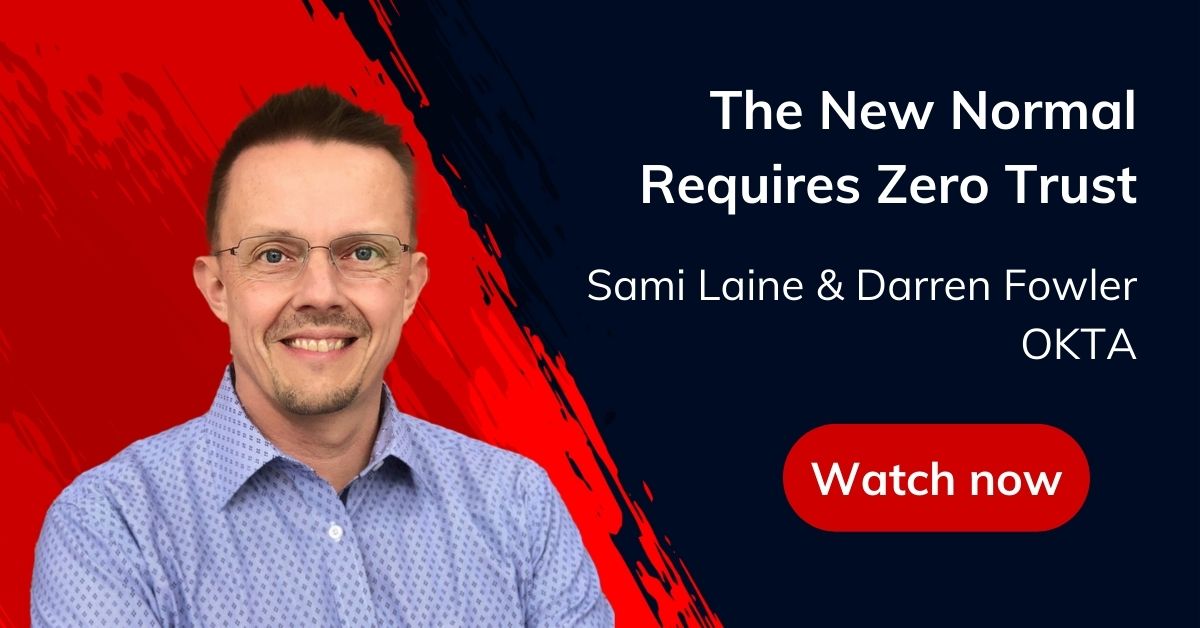
The New Normal Requires Zero Trust
27.06.2021
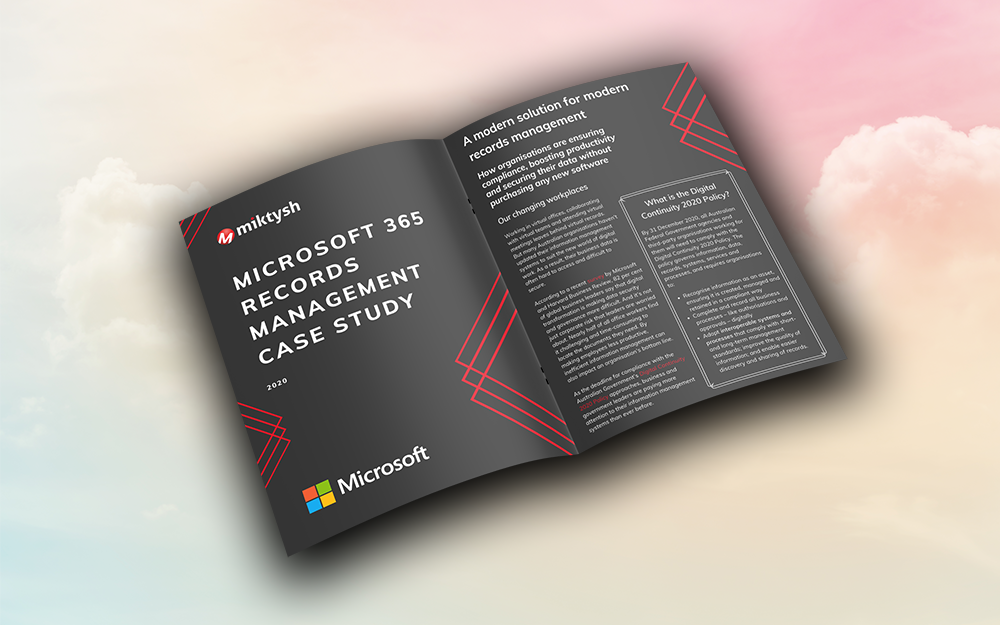
Microsoft 365 Records Management Whitepaper
06.11.2020

Micro Focus Launches Content Manager Select
28.05.2020
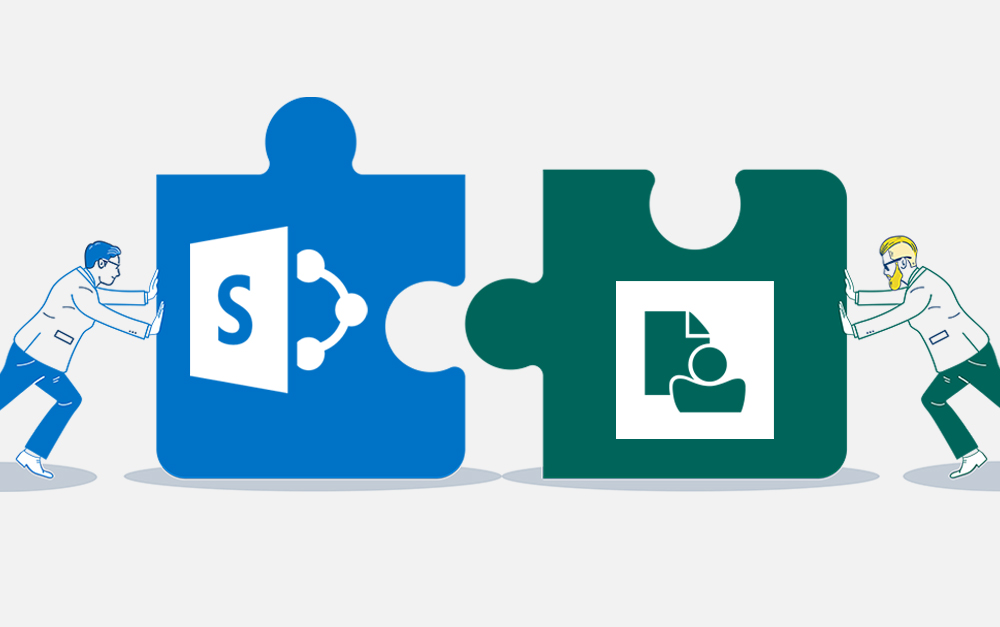
Content Manager SharePoint Integration Demo
20.05.2020
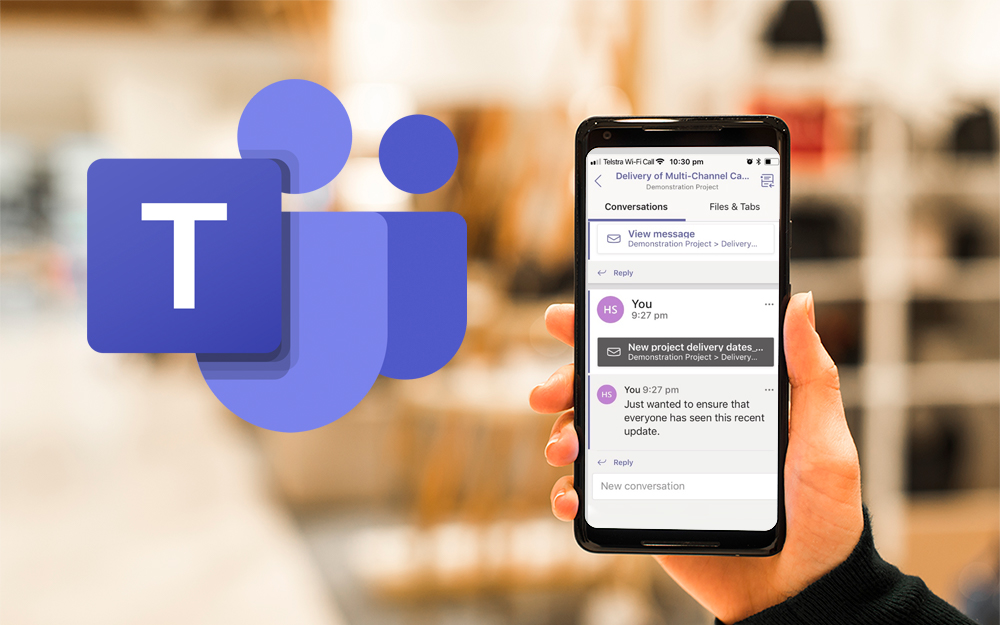
Top 7 Hidden Features in Microsoft Teams
11.02.2020
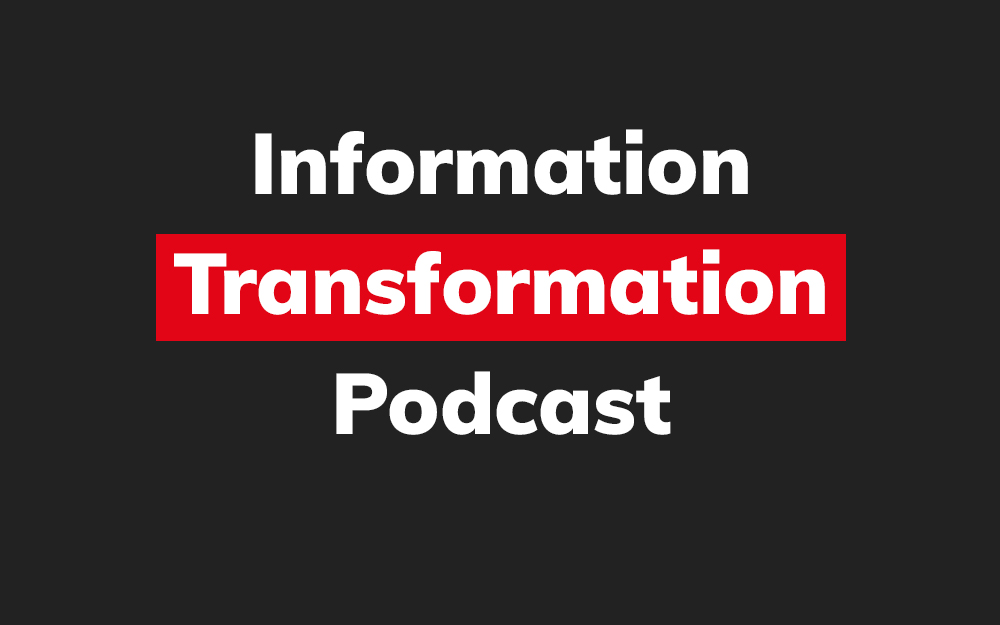
Integrate Content Manager with SharePoint
15.01.2020

Information Management Strategy Example
06.12.2019

How to Approach a Digital Transformation
13.11.2019
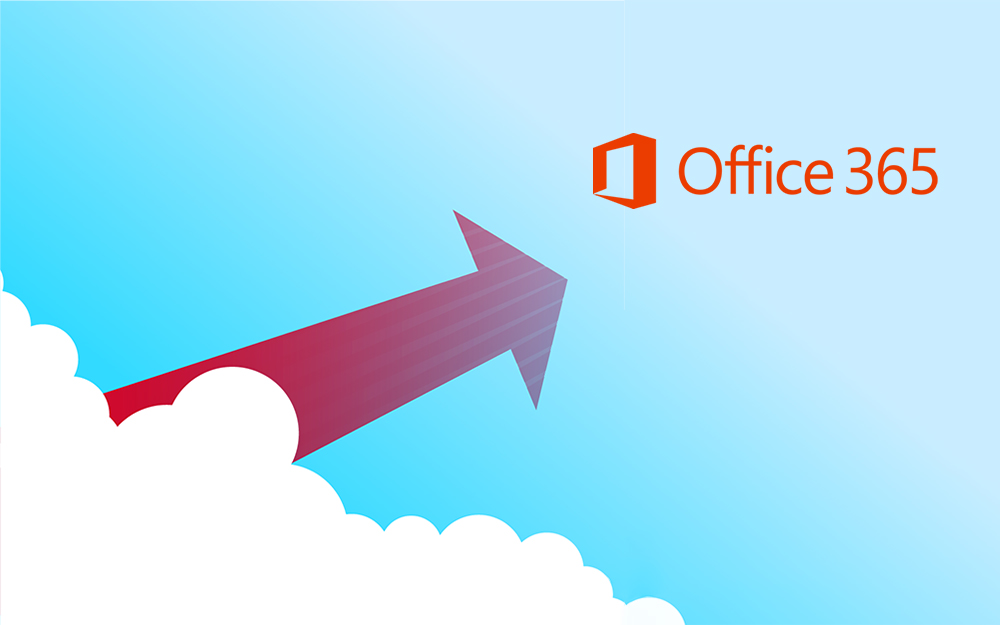
Top 5 Benefits of Migrating to Office 365
10.10.2019
Content Manager 9.4 Web Client
19.09.2019

Content Manager 9.4 Sneak Peek – Video Demo
02.09.2019

What Version of SharePoint is on Office 365?
27.06.2019
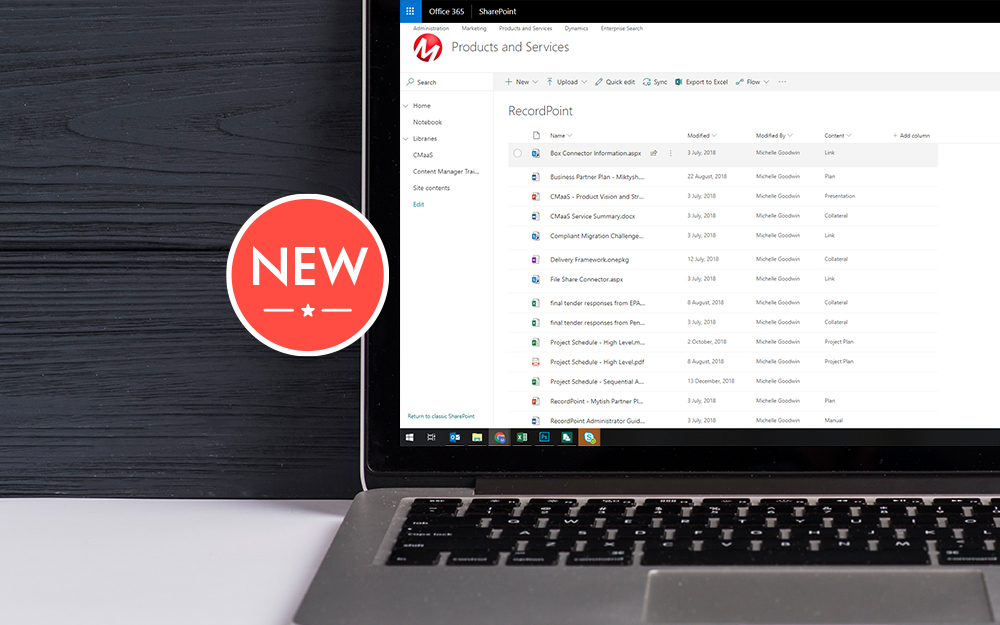
New SharePoint 2019 Features
08.03.2019

Data Migration Validation Best Practices
08.02.2019

Cloud Governance – RIMPA Queensland Event
27.09.2018

RecordPoint Records365 Demo
09.05.2018

How RecordPoint Enhances Office 365
09.05.2018

6 GDPR Tools to Assist with GDPR Compliance
17.04.2018

Analytics Driven Information Governance
14.07.2021

The New Normal Requires Zero Trust
27.06.2021

Microsoft 365 Records Management Whitepaper
06.11.2020

Micro Focus Launches Content Manager Select
28.05.2020

Content Manager SharePoint Integration Demo
20.05.2020

Top 7 Hidden Features in Microsoft Teams
11.02.2020

Integrate Content Manager with SharePoint
15.01.2020

Information Management Strategy Example
06.12.2019

How to Approach a Digital Transformation
13.11.2019

Top 5 Benefits of Migrating to Office 365
10.10.2019
Content Manager 9.4 Web Client
19.09.2019

Content Manager 9.4 Sneak Peek – Video Demo
02.09.2019

What Version of SharePoint is on Office 365?
27.06.2019

New SharePoint 2019 Features
08.03.2019

Data Migration Validation Best Practices
08.02.2019

Cloud Governance – RIMPA Queensland Event
27.09.2018

RecordPoint Records365 Demo
09.05.2018

How RecordPoint Enhances Office 365
09.05.2018

6 GDPR Tools to Assist with GDPR Compliance
17.04.2018
